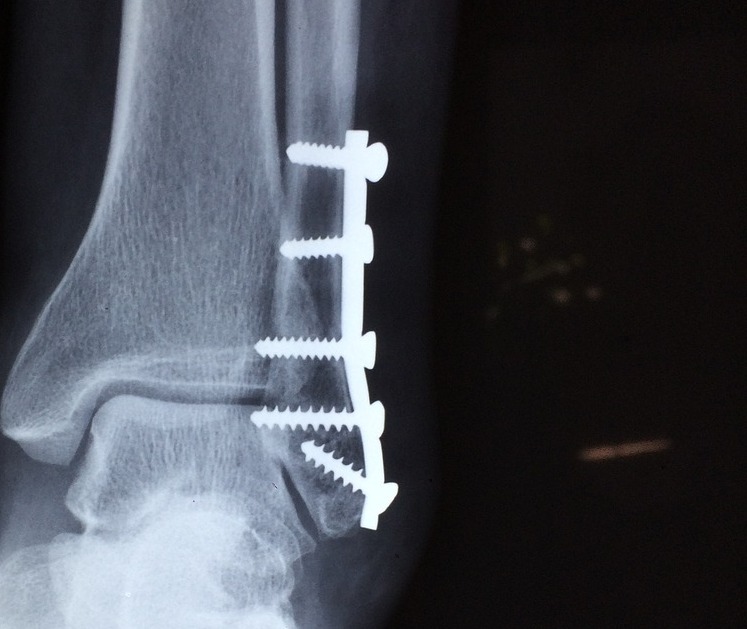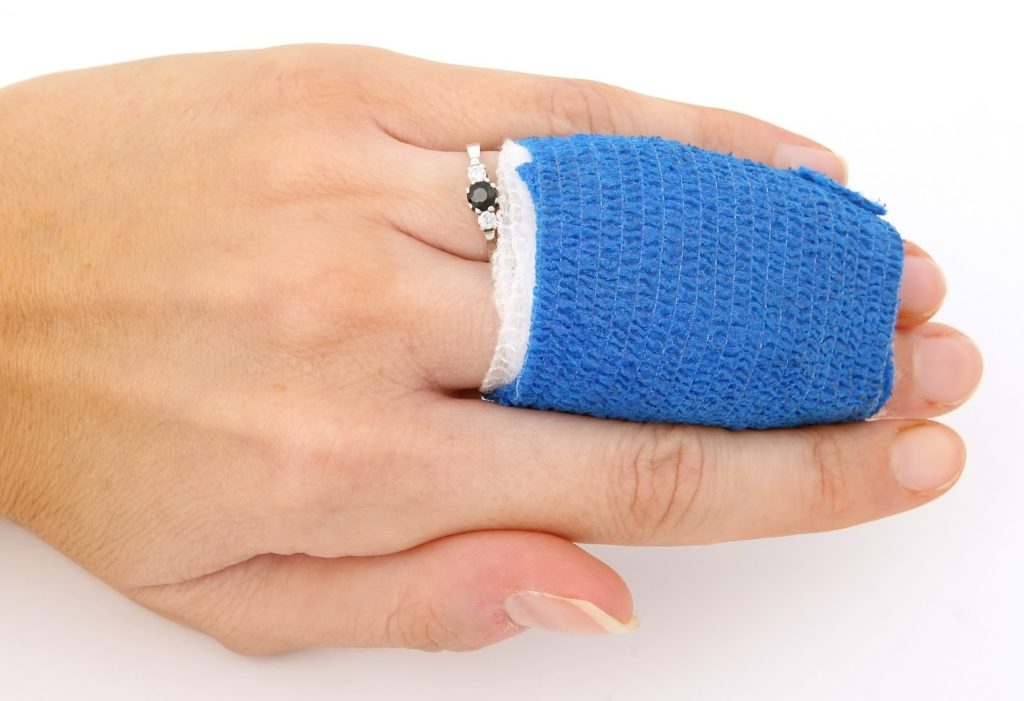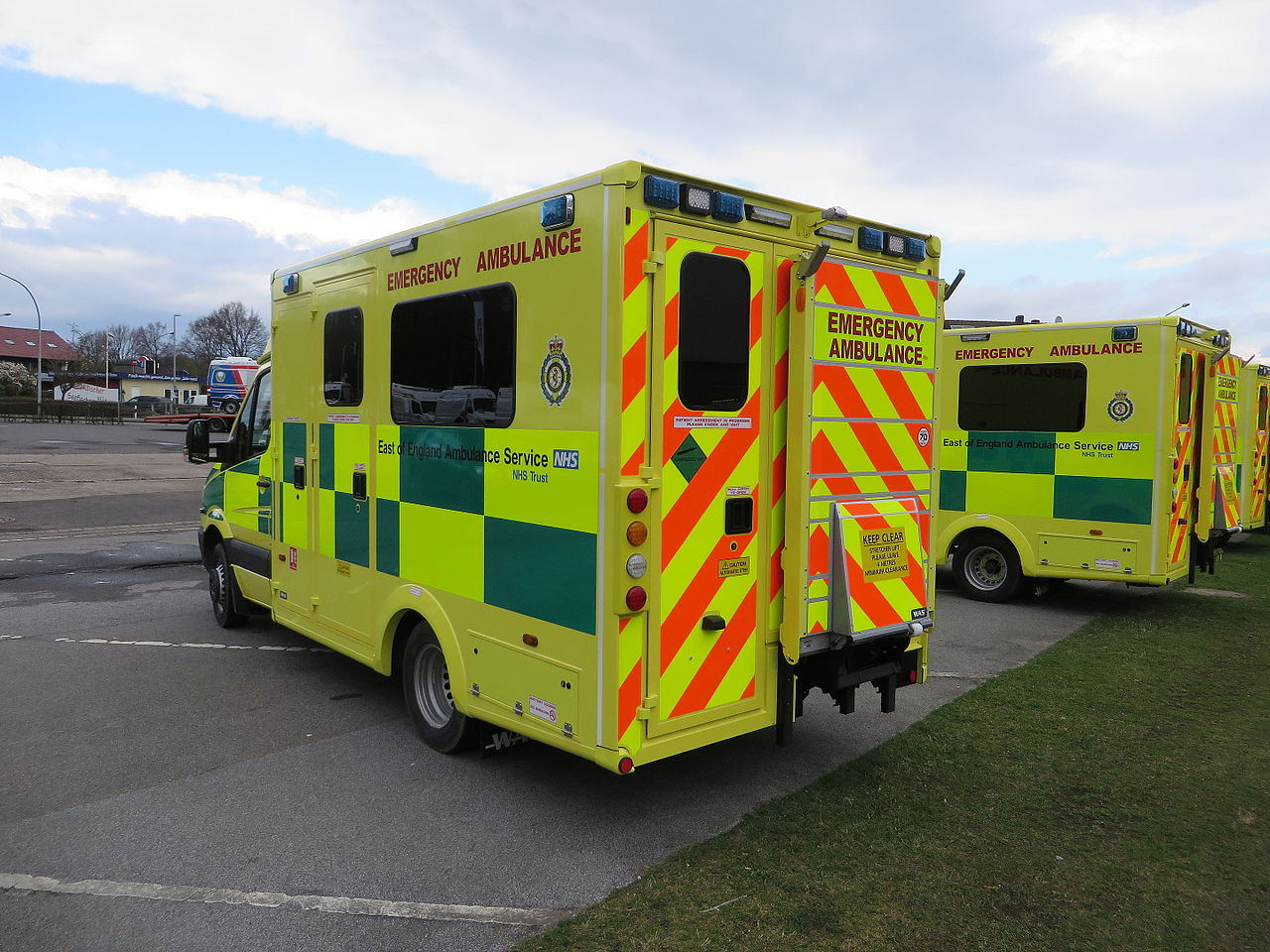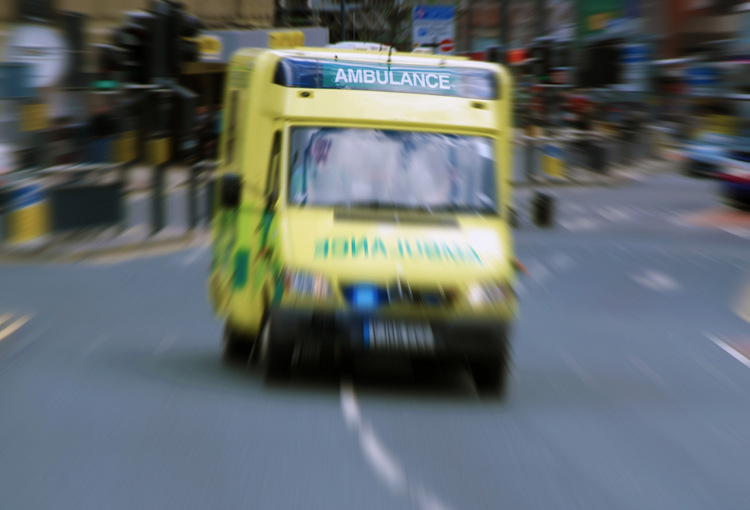Fill our form to download your free research report, written by Dr Mark Hawker.
The Short Term Effects Of Manual Handling Injuries
In our recent article, ‘The Devastating Effects Of Long-Term Manual Handling Injuries’ we discussed the long-term effects of manual handling injuries but what about the short term ones? What immediate effects will occur after suffering a manual handling injury?
To start off, the obvious thing to say is the pain, a lot of pain as you may know or even have experienced yourselves. Then depending on the injury, the emergency worker themselves may need to go to the hospital for emergency treatment which will cause distress, pain and time off work. This will affect not only their work colleagues but close friends and family too because they may no longer wish to socialise and do certain things whilst they’re recovering.
The type of injury could be anything from cuts, bruises, sprains, tears, small fractures to torn or strained muscles. A severe ankle sprain, for example, can take anywhere between twelve weeks to six months to recover from, especially with the chance of an operation and physiotherapy being needed. In fact, the Department of Labor found that out of a total of 14,470 manual handling injury cases reported 67% involved sprains or strains.

A major cut would need cleaning, a dressing and may need stitches and mean taking prescribed painkillers that could result in a short period of no longer being able to drive. A wound can also be at risk of infection and depending on where the injury is, there may be certain jobs that you can no longer do whilst you’re waiting for the cut to heal.

Another short-term effect that many of us who’ve experienced any sort of injury will know, is the lack of sleep and fatigue. When you’re in a lot of pain it can be difficult to sleep; the injury you have may force you to sleep in uncomfortable positions. This can lead to less concentration, headaches, dizziness and being in a bad mood or irritable. It can also lead to more serious injuries, for example, being tried whilst driving has been the cause of many car accidents.

One of the ways to stop certain manual handling injuries from occurring is with the correct emergency lifting devices. By having the appropriate equipment, it takes away the need for the emergency worker to manually lift a fallen patient up.
We can help prevent some of the manual handling injuries that are frequent amongst emergency service workers with our emergency lifting cushions, such as, the Mangar ELK or Mangar Camel. Chris Lokits, a quality assurance officer at the Louisville Metro EMS explained how our lifting cushions have been “a blessing.”
“When doing a lift assist by myself I am confident that I can successfully get the patient up without hurting them or myself. With a decrease in IODs and workman’s compensation claims, I believe this device will soon pay for itself. It’s invaluable. “ he explained.
If you’re interested in finding out further information regarding the Mangar Camel or ELK or would like to request a free product please click here.
- August 21, 2017
- Emergency Services
- Patient Lifting Products












